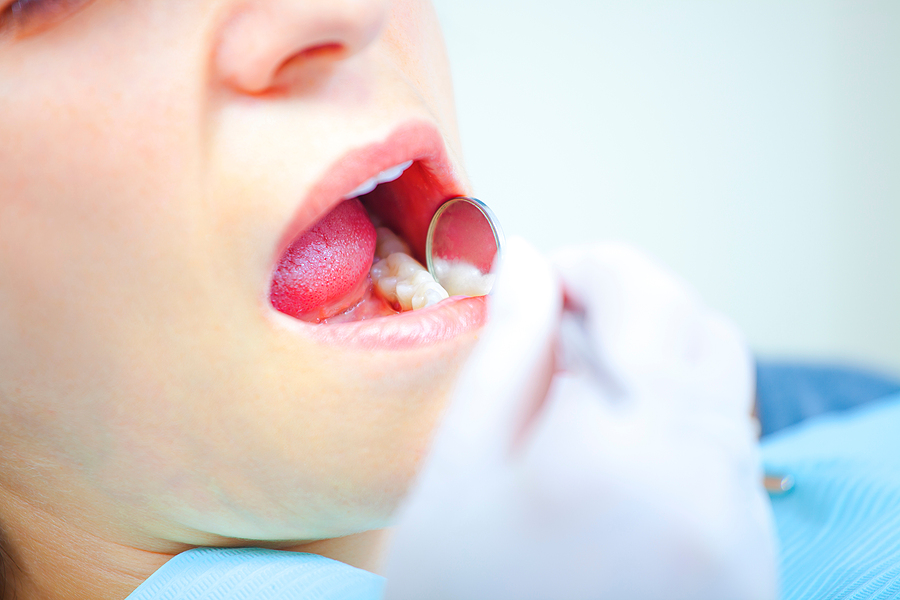![This is a thumbnail image of blog Cosmetic Restorations and Its Wonders This is a thumbnail image of blog Cosmetic Restorations and Its Wonders]()
Cosmetic Restorations and Its Wonders
Jun 09, 2022![This is a thumbnail image of blog Dental Care Tips For Halloween This is a thumbnail image of blog Dental Care Tips For Halloween]()
Dental Care Tips For Halloween
Oct 27, 2022![This is a thumbnail image of blog A Comprehensive Guide to Full-Mouth Reconstruction in Atlanta, GA: Restoring Your Smile and Oral Health This is a thumbnail image of blog A Comprehensive Guide to Full-Mouth Reconstruction in Atlanta, GA: Restoring Your Smile and Oral Health]()
A Comprehensive Guide to Full-Mouth Reconstruction in Atlanta, GA: Restoring Your Smile and Oral Health
Aug 05, 2024![Dental Bonding in Atlanta GA Dental Bonding in Atlanta GA]()
Transforming Smiles: Exploring the Wonders of Dental Bonding for Cosmetic Enhancements
Feb 12, 2024![This is a thumbnail image of blog What Are Dental Sealants and How Do They Work? This is a thumbnail image of blog What Are Dental Sealants and How Do They Work?]()
What Are Dental Sealants and How Do They Work?
Jan 22, 2025
Do Dental Problems Mean Cognitive Impairment?

Do Dental Problems Mean Cognitive Impairment?
Cognitive dysfunction, also referred to as cognitive dysfunction syndrome is a brain condition that causes problems with memory, thinking, and reasoning. These symptoms aren’t just linked to aging, so it’s important to know that they can occur at any age.
Dementia and Alzheimer’s are types of cognitive dysfunction. Dementia is a broad term that describes dementia symptoms. Alzheimer’s is the most common form of dementia, and it’s a progressive disease. This means that symptoms worsen over time.
The link between cognitive dysfunction and tooth loss
Tooth loss can be caused by several factors, including tooth decay, gum disease, and trauma. However, tooth loss is more likely in older adults who have certain conditions or habits. For example, those who have diabetes or heart disease may be more prone to tooth loss due to complications with diabetes or heart disease.
Older adults who are toothless are more likely to have other health issues as well. According to studies, those who are toothless are more likely to develop dementia or memory loss.
Why are older adults more at risk for tooth loss?
Losing teeth is more of an issue with older adults for a number of reasons.
- Teeth wear down with age, so older adults are more likely to have worn down teeth.
- Older adults may suffer from dry mouth, which can make gum disease more likely.
- Older adults are more likely to have dental issues due to medications they may be taking.
Why are missing teeth associated with dementia or memory loss?
In various studies, it was found that tooth loss was linked to a 1.48-fold increased risk of cognitive decline and memory loss. The study also discovered that those who have lost teeth had a 1.28 times higher chance of having dementia.
The same study also states that for every tooth lost, an individual had a 1.1 percent higher probability of having dementia and a 1.4 percent higher likelihood of cognitive deterioration, including memory loss.
There are several biological reasons missing teeth are associated with dementia or memory loss. Your teeth play a very important part in your digestion. When you chew, your teeth break down food into small pieces. Saliva mixes with these pieces and then starts to break down starches into smaller sugars, so your body can absorb them more easily.
Unfortunately, tooth loss interrupts this process. Without functioning teeth, you cannot chew your food properly. As a result, your body may be unable to break down the food you consume properly. This can result in malnutrition, dietary deficits, chemical imbalances, or brain alterations that impact brain function. Poor dental hygiene can also contribute to an increase in bacteria in the mouth and gum disease, both of which can cause inflammation and increase the risk of beta-amyloid plaques in the brain, which can lead to dementia.
Surprisingly, the researchers discovered that wearing dentures lowered the likelihood of getting dementia and cognitive impairment in those who had lost teeth.
How can I prevent tooth loss in older adults?
Tooth loss is common among older adults, and it can lead to some serious consequences. According to recent research, tooth loss in older adults can increase their risk of dementia or memory loss. Older adults should be diligent about maintaining their oral health by brushing and flossing daily and seeing their prosthodontist at least twice a year.
What treatment options are available for tooth loss?
There are two primary options for tooth replacement: dentures and dental implants. Dentures are removable appliances that can replace an entire arch of teeth or just a few teeth. They can be removed for cleaning and sleeping. Dentures are held in place by suction or denture adhesive. Dental implants are tooth root replacements. Dental implants function like natural teeth, allowing patients to eat and smile with confidence. Dental implants are surgically placed into the jawbone, where they fuse with the jawbone to create a stable, permanent foundation for the replacement teeth.
The prosthodontist in Atlanta, GA, and the team are happy to explain the dental treatments offered at the practice in detail. If you would like to learn more about implant-retained dentures, we invite you to give us a call at (404) 255-4575 and schedule a consultation.
Office Hours
MON - THU7:30 am - 3:30 pm
FRI - SUNClosed












comments